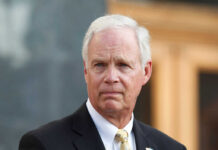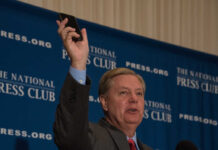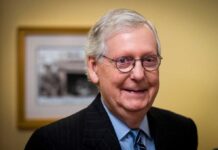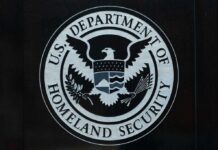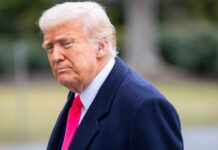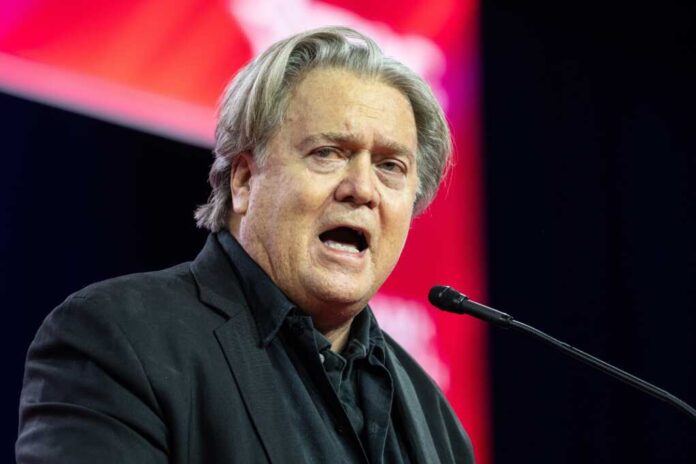
Steve Bannon warns South Korea’s election of a China-friendly president could signal a serious decline in U.S. influence across Asia.
At a Glance
- Steve Bannon claims South Korea is pivoting away from the U.S. following Lee Jae-myung’s election
- Lee won nearly 49% of the vote, campaigning against Trump-era tariffs
- Bannon criticizes the White House for ignoring Seoul’s shifting political stance
- Lee has signaled openness to deeper China ties and peaceful engagement with North Korea
- The shift may delay U.S. trade talks and challenge America’s strategic influence in the region
A Strategic Ally Reconsiders
Former Trump advisor Steve Bannon has raised red flags over what he sees as a looming crisis in U.S.–South Korea relations. At the center is newly elected President Lee Jae-myung, whose administration has wasted no time signaling a foreign policy realignment.
Lee, a progressive leader and vocal critic of Trump’s economic policies, described the previous administration’s tariffs as a “threat to our survival” during his inaugural address. His government has since hinted at a freeze on new trade negotiations with Washington, focusing instead on strengthening economic and diplomatic ties with Beijing.
Watch a report: Lee Jae-myung Sworn In as South Korea’s President.
Bannon, citing these moves, accused the Biden administration and State Department of neglecting a key geopolitical flashpoint. “If we don’t get ahead of this,” he warned, “we’re going to lose one of our last reliable footholds in East Asia.”
Economic Blowback and Diplomatic Drift
Lee’s administration reflects growing domestic frustration over the impact of U.S. protectionist measures on South Korea’s export-driven economy. Trump’s steel and auto tariffs sparked controversy during their initial implementation, and Lee’s government appears poised to use that tension to justify a recalibrated strategy focused on self-reliance and regional partnerships.
South Korean officials have not officially abandoned the alliance, but early statements suggest a colder stance on U.S.-led initiatives, particularly those involving military pressure on North Korea. Lee has emphasized diplomacy and détente over deterrence, suggesting a “peace-first” approach that could reduce Washington’s leverage in negotiations.
While China has not commented officially, its state media has framed Lee’s election as a “turning point” for regional balance. Analysts fear that a realignment by Seoul could embolden Beijing and undercut American influence in key economic and security domains.
Bannon’s Broader Warning
For Bannon, the issue isn’t just about tariffs—it’s about the collapse of a geopolitical framework that has defined U.S. strategy in Asia for decades. He believes Lee’s foreign policy tilt threatens to unravel a carefully constructed alliance network, empowering adversaries and marginalizing U.S. influence at a critical moment.
Bannon’s remarks highlight the gap between traditional diplomacy and the ideological battles still shaping global realignments. In his view, failing to confront or correct South Korea’s drift could have ripple effects far beyond Seoul, from weakened trade leverage to diminished deterrence in the Taiwan Strait.
Whether Bannon’s prediction of “payback” materializes, his warning underscores a rapidly shifting landscape in the Indo-Pacific—one where economic grievance, political ideology, and strategic uncertainty collide.



